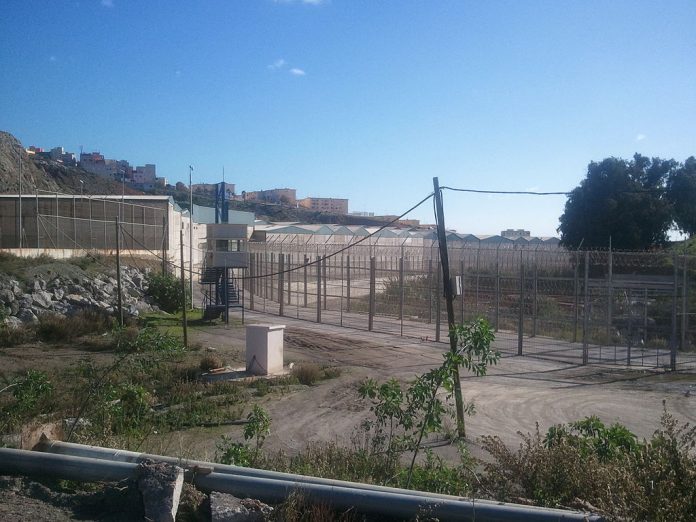Spanish Prime Minister Pedro Sanchez – just two months after taking office – is facing his first significant political crisis: a new wave of xenophobia.
Last week, hundreds of African migrants jumping over the Ceuta border fence stirred controversy and rocked public opinion. According to the Spanish Association of Civil Guards (AEGC), 22 police officers were injured in the assault, which ended with 602 people successfully reaching the Spanish exclave in Northern Africa.
As reported by Deutsche Welle (DW), Germany’s international broadcaster, the incident added to the number of migrants crossing the Strait of Gibraltar in rafts, which has been above average this summer. Over 22,000 migrants have reached Spain illegally from Africa, according to data from the Spanish Interior Ministry. The summer weather and the closure of the Italian and Greek routes are the main drivers behind the increase in numbers.
The crisis couldn’t have come at a worse time for Pedro Sanchez and his Socialist Workers’ Party (PSOE).
“The government is in a weak position, given the diversity of the parties it depends on to bring any initiative forward,” political scientist José Fernandez-Albertos of the Spanish National Research Council (CSIC), told DW. “Despite that, this shouldn’t be a difficult topic to negotiate, even if there are unexpected turns.”
Political journalist Cristina Fallaras points out that the government’s problem is not so much with its partners as it is with the opposition, which will try to politicize the issue. Sanchez, she told DW, must make a choice: “The government is undecided about whether to take a harder or a softer stance on the topic, and I think it’s a lose-lose for them.”
Fernandez-Albertos added: “People watch TV and see how public order is disturbed on beaches or towns they know. They see overwhelmed policemen unable to contain something they don’t understand. They would like to see things come back under control. Even when there’s a small number of people coming in, the issue’s media visibility is very high. This can change the terms of the debate.”
Meanwhile, the newly elected president of the main opposition People’s Party, Pablo Casado, has adopted an anti-immigration position. Casado tweeted that “millions” of Africans are waiting to cross over to Europe. “There can’t be papers for all,” he tweeted, adding that “we have to say it even if it’s politically incorrect.”

